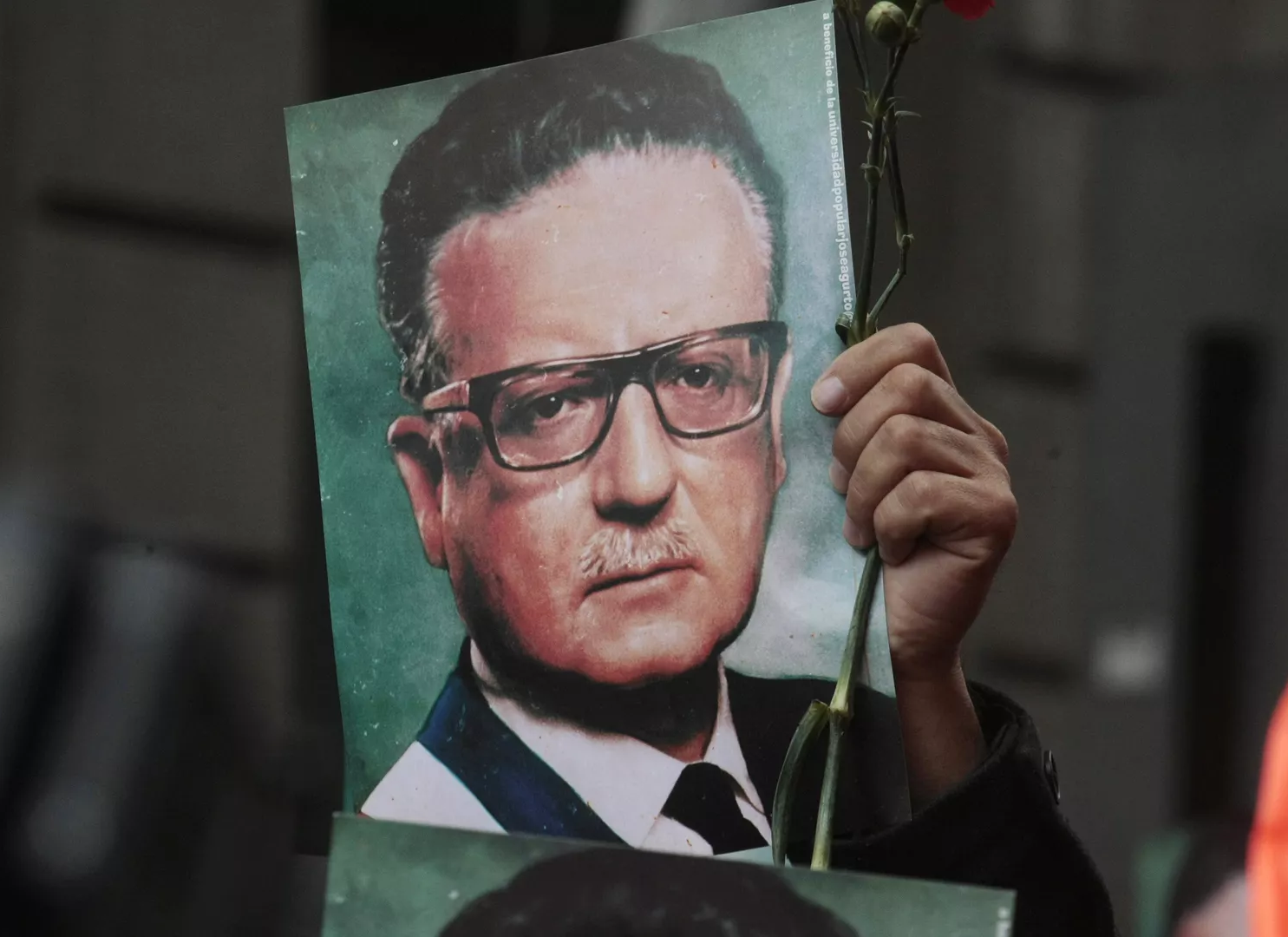
Santiago de Chile, September 9 (RHC)-- (Prensa Latina) The project of the Popular Unity government, presided by Salvador Allende, was aimed at changing the economic, social and even political structure of Chile, said Argentinean political scientist Atilio Borón.
On a visit to Santiago de Chile, Boron said: "The truth is that it was a truly revolutionary program, although it was not said with that phraseology." Atilio Bron granted an interview to Prensa Latina, pointing out that he had personal experience with the Chilean project, having lived and studied in this country between 1967 and 1973.
He recalled that the nationalization of copper, very important for development, was achieved in the first year of the Popular Unity Government (1970-1973). Other of the 40 measures of that administration were the agrarian reform, peasant unionization, improvements in public education, nationalization of banking and foreign trade and the expropriation of the U.S. telephone company ITT (International Telephone and Telegraph).
In foreign policy, he said, Allende established diplomatic relations with countries such as Cuba, China and the then Union of Soviet Socialist Republics (USSR) and supported national liberation movements in Africa and Asia.
In other words, Boron said, although it appeared in his presentation as a very moderate and modest program, it was really something impressive.
Atilio Borón offered a series of conferences in Concepción, Valparaíso and Santiago de Chile in the framework of the 50th anniversary of the fascist military coup of September 11, 1973, fully supported by the Unites States.
In his opinion, the United States had been preparing the "cuartelazo" long before Allende assumed the presidency and this obsession was accentuated with the triumph of the Cuban Revolution in 1959, because Washington feared that a victory of the Chilean left would become an example for the whole region.
Asked whether half a century after the coup in Chile it is possible to reedit it in the continent, Borón said that he does not rule it out, what happens -he said- is that the methodology has changed.
Similar results can be achieved through publicity campaigns or media management to demonize a ruler and create conditions for an attack.
As an example, he cited the assassination attempt against Argentina's vice-president, Cristina Fernández, which was preceded by a several years of campaigns accusing her of all the evils and sins that could exist in the world.
So nowadays the "cuartelazo" can be a solution in extremis when all the techniques of the hybrid coup, of the soft coup, fail and then they appeal to the military solution", he assured.
Regarding the current situation in Latin America, the political scientist considered that we are in the presence of a new progressive cycle, much more moderate with respect to the previous one, without the presence of great figures and in a much more difficult global context than at the beginning of this century.
Countries such as Mexico, Colombia and Honduras have joined this new wave, where their governments are trying to overcome the most terrible consequences left by the neoliberal model, he pointed out.
Atilio Boron recalled a speech given by Cuban leader Fidel Castro at the University of Concepción in 1971, when he said that revolutions are processes, not events that happen in one day.

